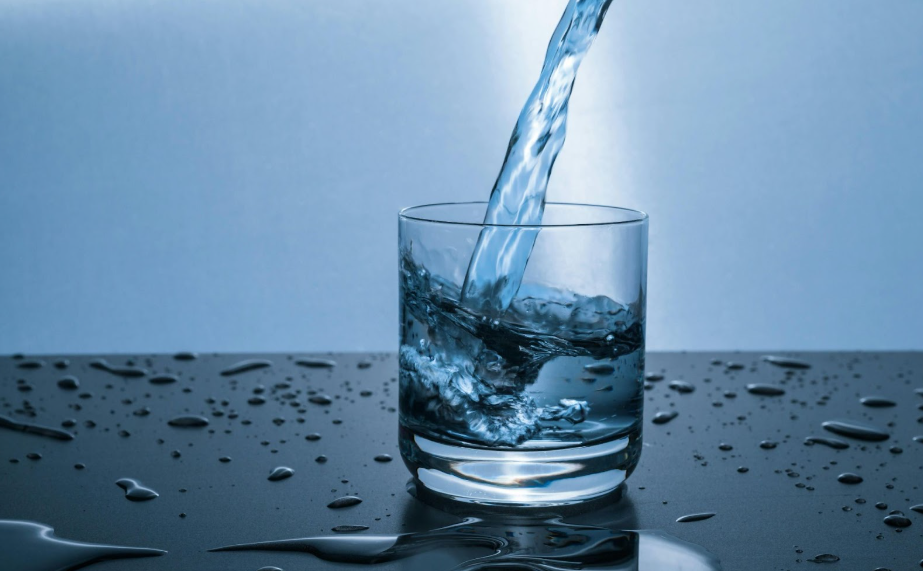Eight Glasses Of Water May Not Be Right for You
People often suggest drinking eight, 8-ounce glasses of water per day. However, when it comes to hydration, there is not a one-size-fits-all answer. Hydration needs will vary based on the age, weight, activity level, climate, and health conditions of an individual.
Factors That Impact Your Hydration
- Your Activity Level: Exercising regularly or engaging in physical labor–whether you have an active job or enjoy moving–your body loses water through sweat, requiring you to drink more fluids to stay hydrated and replenish the water loss.
- Climate: Keep your environment in mind because hot and humid weather will increase the need for water intake, due to your body working to regulate its temperature. On the other hand, dry or cold environments may reduce the amount of thirst you have, but still require the necessary hydration.
- Personal Health Considerations: There are some medical conditions and medications that may impact your hydration needs, so it’s essential to listen to your body and consult with a healthcare professional. Pregnancy can also change the way your body functions and requires additional fluids to support the pregnancy and the body.
What Are Your Ideal Hydration Needs
As an alternative to the eight glasses theory, you should simply listen to your body’s natural cues and instincts. Thirst is the body’s way of telling you to drink some water. If you are unsure, use the color of your urine to indicate your hydration level—pale yellow means you’re well-hydrated, while a darker yellow can be a sign of dehydration.
Ultimately, the general idea with hydration is to follow your body’s natural hints and tune into your exercise, environment, and medical history to understand how to hydrate your body properly and adequately.
Dr. Barbara R. Edwards is a practicing internist at Penn Medicine Princeton Health and the Academic Director for the Ambulatory Residency Program at the same institution.


